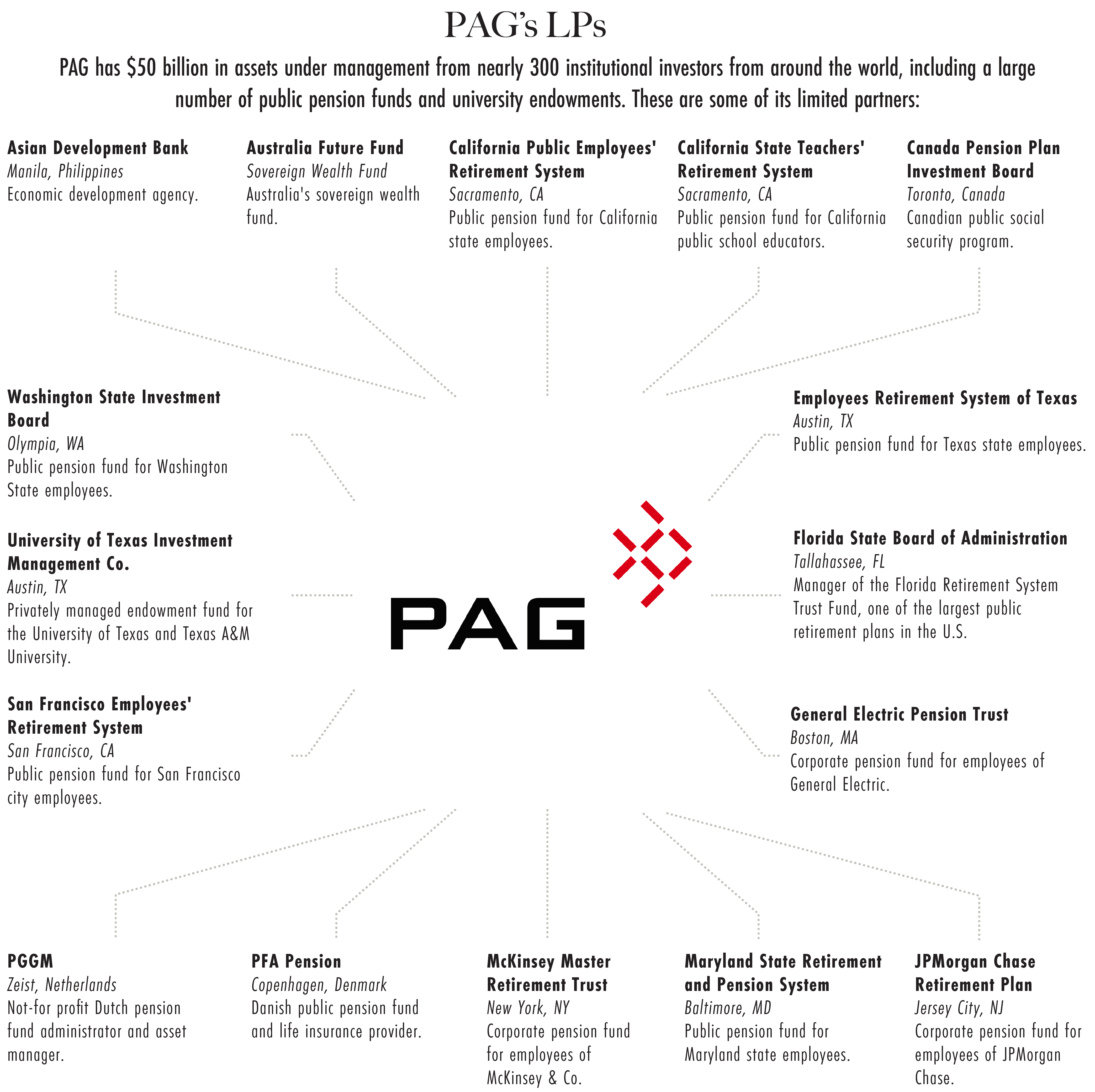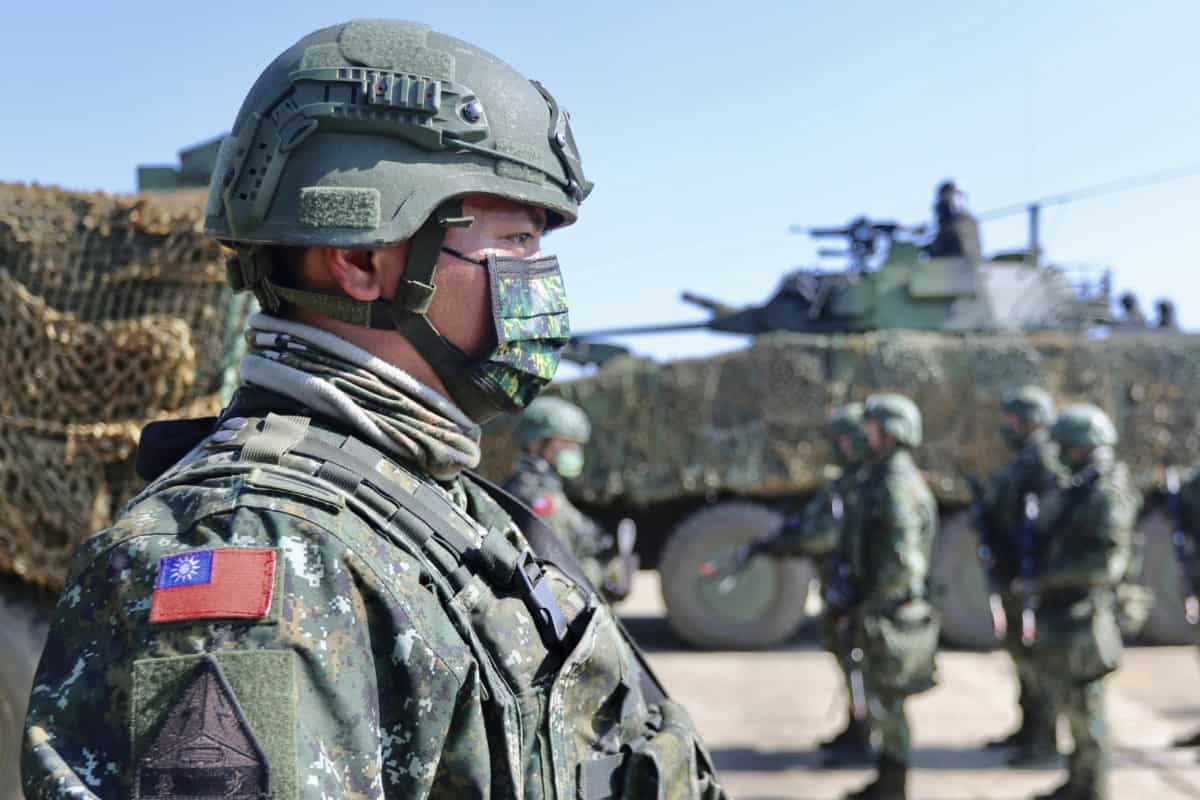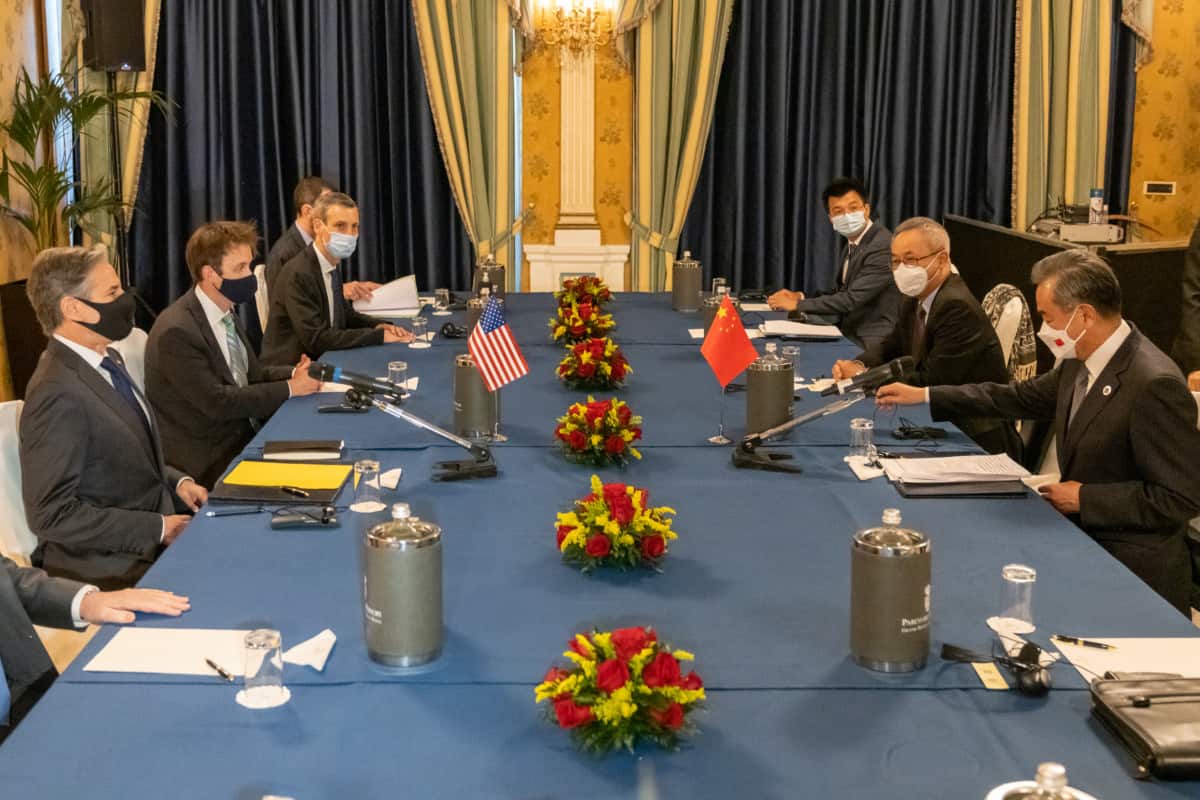Good evening. Binance, the crypto exchange, is everywhere at the moment. The $92 billion company recently took a large stake in Forbes magazine and is one of the backers of Elon Musk’s Twitter bid. By some estimates, its CEO, “CZ,” is just behind Musk in net worth, at $225 billion. And yet, ever since it fled its founding city of Shanghai, Binance has existed, essentially, nowhere — with no official headquarters. Our cover story this week asks how long Binance, and CZ, can stay on the run. Elsewhere, we have infographics on PAG, one of Asia’s largest private equity firms; an interview with Charlene Barshefsky on why engagement with China is more important than ever; a reported piece on how Russia’s invasion of Ukraine is testing Taiwan; and an op-ed from Michael Spence on the good side of U.S.-China strategic competition. If you’re not already a paid subscriber to The Wire, please sign up here.
Want this emailed directly to your inbox? Sign up to receive our free newsletter.

Born To Run
After capitalizing on China’s crypto boom, Binance CEO “CZ” fled China just in the nick of time. But critics say he’s been running ever since, “jurisdiction hopping” as authorities around the world are trying to pin down the $92 billion crypto exchange. In this week’s cover story, Katrina Northrop investigates Binance’s Shanghai past, nomadic present and unknown future.

The Big Picture: PAG’s Newfound Punch
From surviving the Cultural Revolution to ascending the highest echelons of the financial industry, Shan Weijian’s savvy has carried him far. But the co-founder of PAG, one of Asia’s largest private equity firms, now finds himself in the spotlight after his criticism of Chinese government’s handling of the economy and its zero-Covid strategy found its way into the Financial Times. This week, our infographics by Eliot Chen take a look at PAG’s history and investments.
A Q&A with Charlene Barshefsky

Charlene Barshefsky, the United States Trade Representative under President Bill Clinton, was the architect and chief negotiator of the deal that cleared the way for China to join the World Trade Organization. In this week’s Q&A with Bob Davis — part of a special new series called ‘Rules of Engagement’ — she reflects on the surprises and failures of that landmark deal; why engagement with China is more important than ever; and why she thinks the U.S. can stay preeminent, even if it’s not predominant.
Charlene Barshefsky
Illustration by Kate Copeland

Testing Taiwan
How has Russia’s invasion of Ukraine affected citizens of Taiwan? As Jordyn Haime reports, Russia’s attack has induced a fresh sense of realism about Taiwan’s preparedness for a potential future war with China, and whether it could count on any help from the U.S. and its allies.

Good U.S.-China Strategic Competition
In this week’s op-ed, Michael Spence, a Nobel laureate in economics, argues that if the U.S. and China fight a zero-sum battle for long-term technological dominance, they will both fail, impeding technological progress and economic growth everywhere. They are far better off, he says, striving to reach or remain at the frontier of innovation, without preventing others from challenging them.
Subscribe today for unlimited access, starting at only $19 a month.



